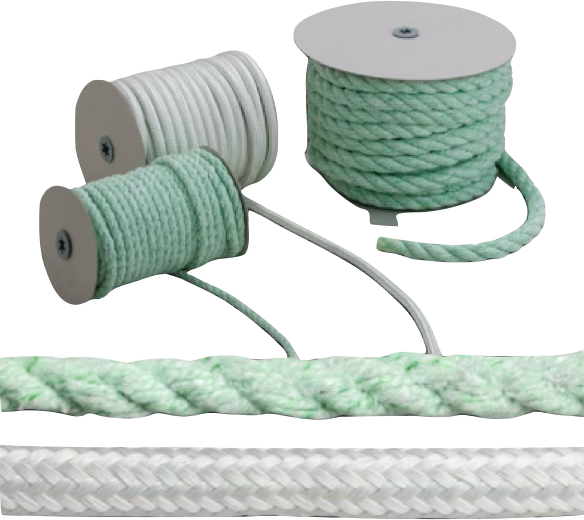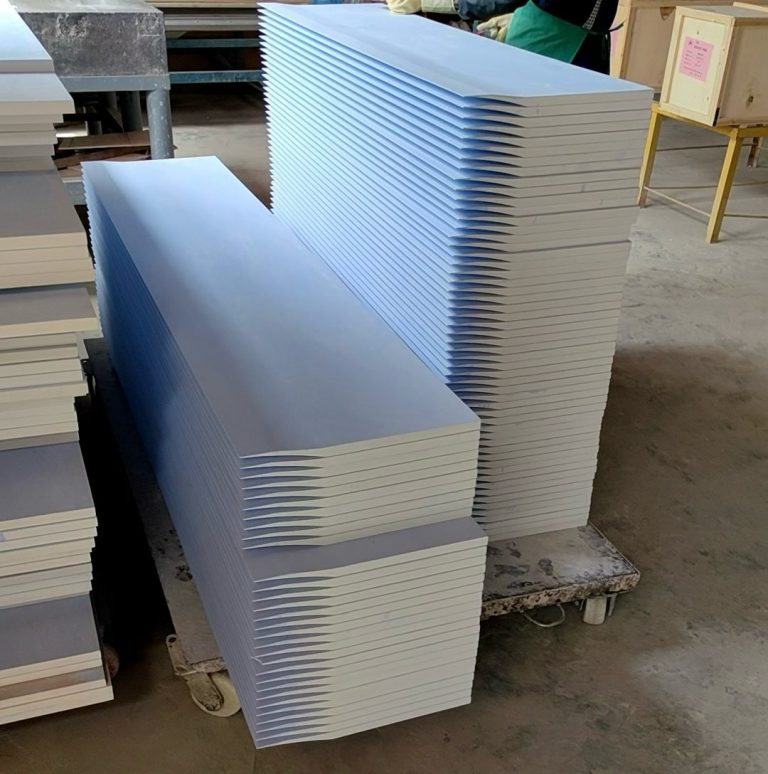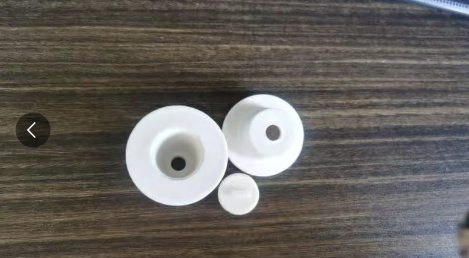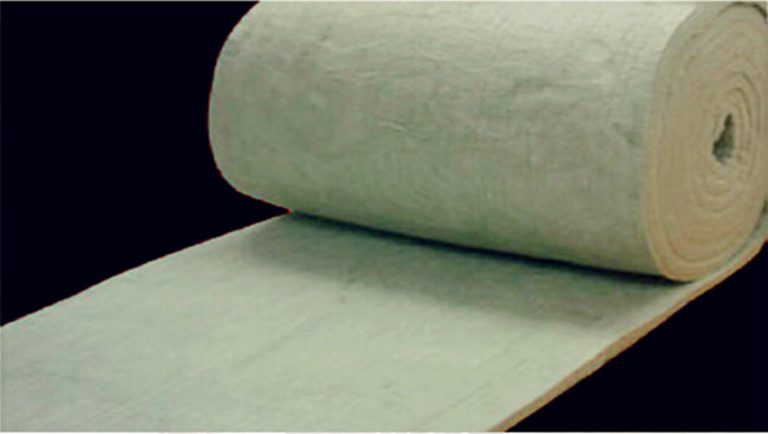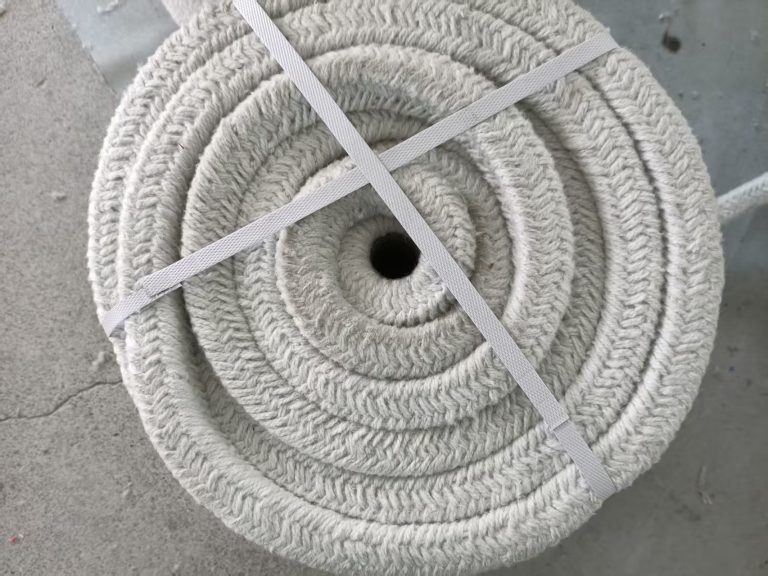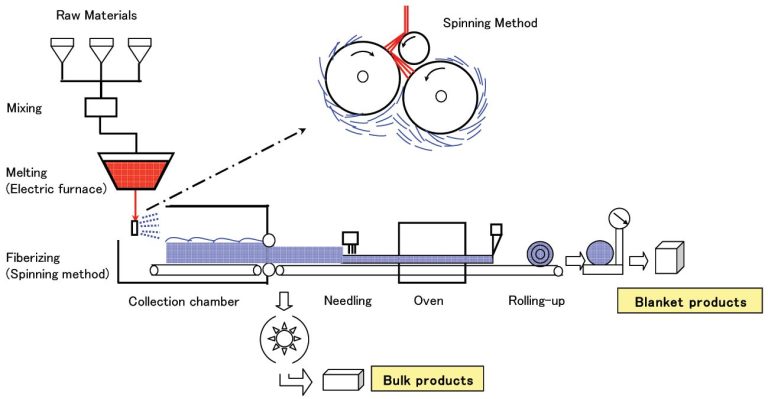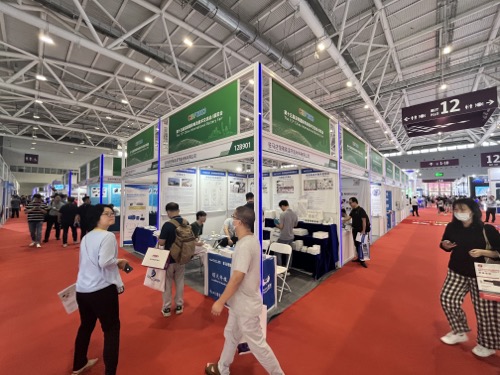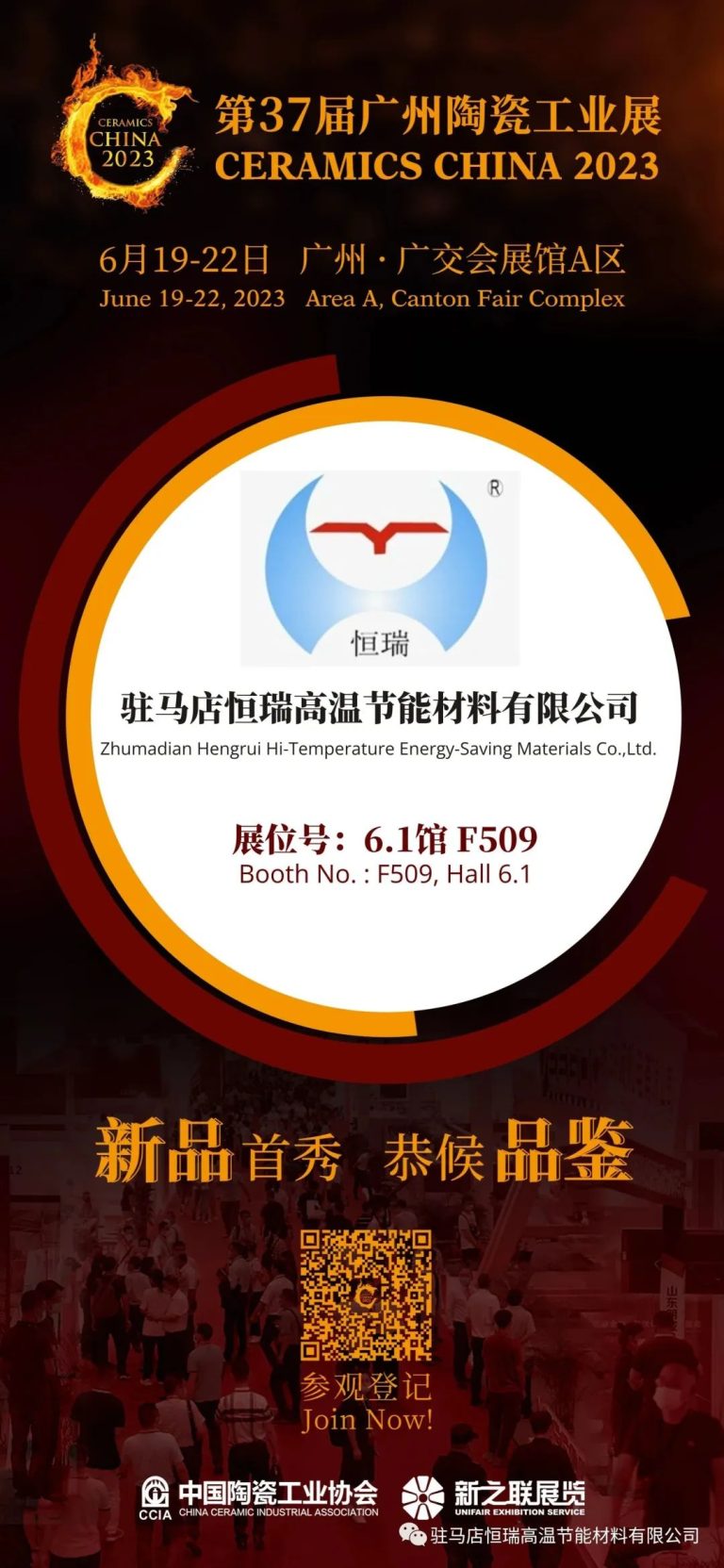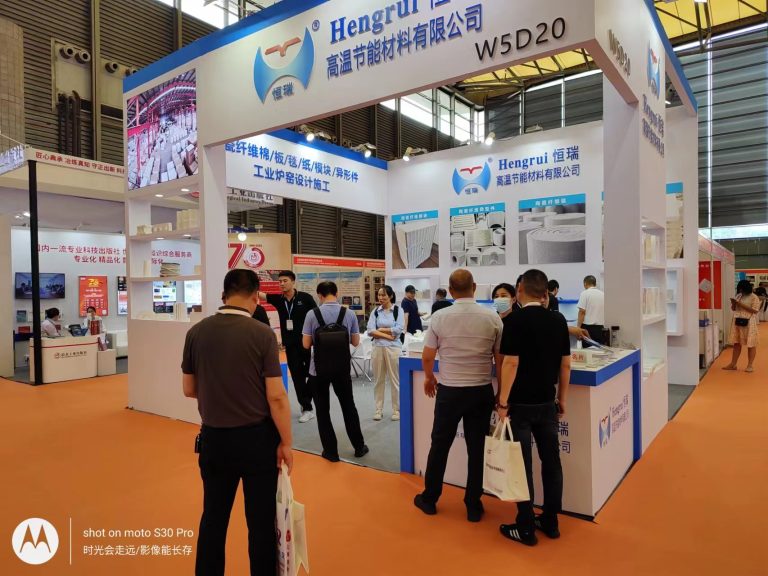Introduction to Ceramic Fiber Board
Ceramic fiber board is a rigid, high-temperature insulation material made from aluminum silicate ceramic fibers. It is manufactured through a wet forming process and vacuum forming, resulting in a lightweight, durable board with low thermal conductivity.
This material is widely used in industries that require excellent heat resistance, thermal stability, and minimal shrinkage under high temperatures.
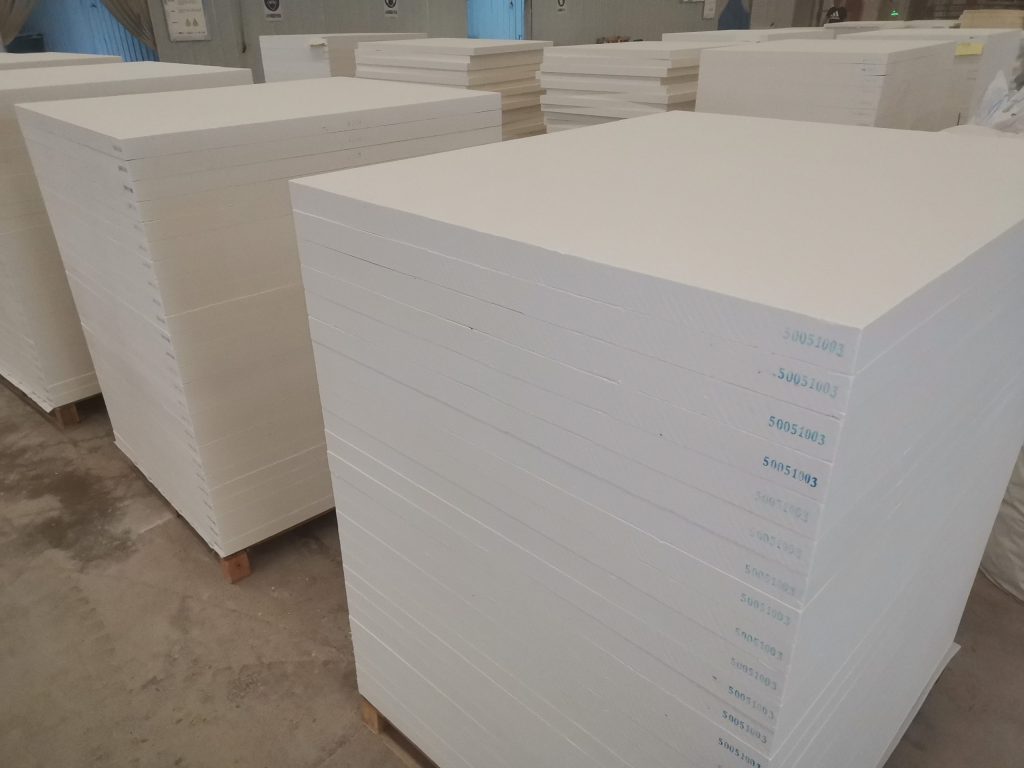
Main Features
- High Temperature Resistance – Operates continuously at temperatures up to 1260°C (2300°F) and can withstand short-term exposure to even higher temperatures.
- Low Thermal Conductivity – Provides excellent insulation, reducing heat loss and improving energy efficiency.
- Chemical Stability – Resistant to most chemicals except strong acids and bases.
- Low Heat Storage – Helps in quick furnace heating and cooling cycles.
- Easy to Cut and Install – Can be machined or shaped into required dimensions without compromising strength.
Typical Uses
Ceramic fiber boards are widely used in high-temperature industrial environments, including:
- Furnace and kiln linings
- Heat shields and baffles
- Back-up insulation for refractory bricks
- Thermal barriers in industrial equipment
- Fire protection panels
- Boiler and combustion chamber insulation
Benefits Compared to Traditional Materials
Compared with conventional refractory bricks or castables, ceramic fiber board offers:
- Lightweight Design – Easier handling and installation.
- Better Insulation Performance – Reduces energy consumption.
- Longer Service Life – High resistance to thermal shock.
- Cost Savings – Lower maintenance and operational costs.
How to Choose the Right Board
When selecting a ceramic fiber board for your application, consider:
- Operating temperature range
- Board density (commonly 260–400 kg/m³)
- Mechanical strength
- Environmental conditions (exposure to moisture or chemicals)
- Dimensional stability under heat cycles
Care and Storage
- Store in a dry, covered environment to avoid moisture absorption.
- Avoid mechanical impacts to prevent cracking.
- Inspect regularly for wear and replace damaged sections promptly.
Where to Buy High-Quality Ceramic Get in Touch
We supply premium ceramic fiber boards in various densities, thicknesses, and temperature grades to meet your specific industrial needs. Contact our team for customized sizes, technical support, and bulk pricing.
📞 Contact Us Today for a free quotation and expert advice on the best insulation solution for your application.


